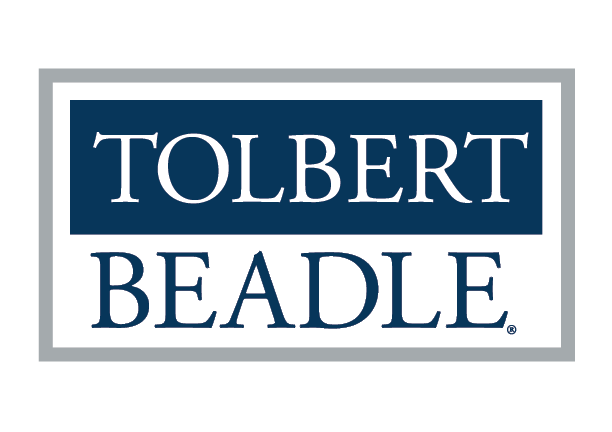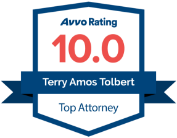Getting in an accident can be at worst traumatic and, at best, a significant inconvenience. Even if you do everything you can to be a safe driver, it’s nearly impossible to avoid collision with others on the road. In 2017 there were approximately 6.5 million total vehicle crashes in the United States. These annual accident numbers correlate with an estimation in 2011 that found American drivers will get in a car accident every 17.9 years, leading to the average driver having 3-4 accidents in a lifetime. You need to know how the claims process works.
What is an Auto Property Damage Claim?
An auto property damage claim is when a driver files a claim to an insurance agency for damage done to his or her vehicle after an accident. The no-fault party usually files a claim with the at-fault driver’s insurance company to receive compensation for repairs or replacement of their car. Let’s walk through the process of how to handle a property damage claim.
At the Accident Site
Call the Police: The police department must be notified of the accident so they can investigate the scene and file a report. This report can help your chances of getting a fair return for your claim. This report will help your attorney better prosecute your case.
Collect Information: When you are in a car accident, you need to collect the necessary information from the at-fault driver as soon as possible to start the claims process. Here are some of the essential items to note:
- Name and contact information
- Vehicle make, model and license plate information
- Insurance company, policy number and phone number
- Date, time, location and weather of the crash
Take photos and video: Getting plenty of visual evidence will help your claim process to run smoothly. Take pictures of the scene, vehicle damage and any other personal property in the vehicle that was damaged.
Following the Accident
Seek medical attention: While you may feel fine immediately after the accident, it’s a good idea to get a basic check-up to make sure you don’t have an underlying injury. If you wait, an insurance company will use the time between the crash and your claim to divert fault.
Contact your insurance company: Regardless of who you file your claim with, you need to inform your insurance company of the accident. There are protections in many policies that will be lost if you don’t notify your insurance company promptly. Your insurance agent can help you through the process of filing a claim with the other insurance company.
Decide how you want to file your claim: In most cases, if you aren’t at fault, you will want to file your claim with the other party’s insurance company. However, the other driver may not be insured, or it may be more convenient for you to file the accident with your own insurance company. If this is the case, your coverage will be dependent upon your policy. Your insurance company will then go and file a claim for reimbursement.
Accident File
An accident file or claim diary will help you keep organized notes and evidence for your claim.
Damaged personal property: A list of all personal property damaged in the accident with its original value included (receipts or other financial documents) will help the claims adjuster to determine how much compensation you will receive.
Photos and video: Any images you have of your property before the accident and after will help to strengthen your claim.
Keep a record of all conversations you have about your claim: Document any discussions with the insurance companies, police department, or other drivers with dates and times.
The Repair or Repayment Process
Car assessment: The insurance company you filed a claim with will give you a location or send an adjuster to get an estimate on the damages to your vehicle. The insurance company will then determine the amount it will cost to repair the car or replace it if it was totaled. You may think you need to shop around for repair estimates, but the insurance company should handle that.
Rental car: While your vehicle is in the shop or you are looking to replace it, insurance should provide a rental car or reimbursement for a rental car bill.
Repair shop: Typically, the insurance company you file your claim with will recommend a shop. However, you can choose to send it to another shop. Choosing your preferred shop may require negotiation between you and the insurance company if the repair cost is more than the estimation.
Obtaining payment: Once the insurance company has made its estimation and offered payment, you will need to sign a “release of all claims” waiver. Look over the amount to make sure it will cover the necessary repairs before agreeing to the payment. Talking with a property damage claim lawyer is also a good idea. A legal expert can help you make sure the amount is fair.
What If the Driver is Uninsured?
If the at-fault driver is uninsured, you will need to start by filing with your own insurance company. Depending on your coverage, your insurance company may or may not pay for your repairs after the deductible cost. If your insurance company doesn’t pay for repairs due to your coverage, you can take your accident to court to try to receive compensation from the at-fault party.
What If It’s My Fault?
If you are at fault for the accident, it is crucial to take responsibility. Basic insurance will cover the cost of repair for the other driver’s car. Your coverage determines the amount of repairs your vehicle will receive. Insurance rates will most likely rise at the time of renewal.
What If I’m Injured?
If you are injured after the accident, it is essential to file your injury claim with the insurance company as soon as possible to receive reimbursement for your medical bills. Don’t hesitate to see a doctor, even if it is a minor accident. The sooner you act, the more likely you are to get the compensation you deserve.
Why Consulting an Attorney is a Good Idea
Dealing with an accident can be frustrating and confusing. Insurance companies can be challenging to deal with and sometimes require a tough negotiator. Before you accept compensation, talk with legal counsel who can help you to get the settlement you need.
If you’ve been injured in an auto accident, contact the legal experts at Tolbert Beadle to get the compensation you deserve.





